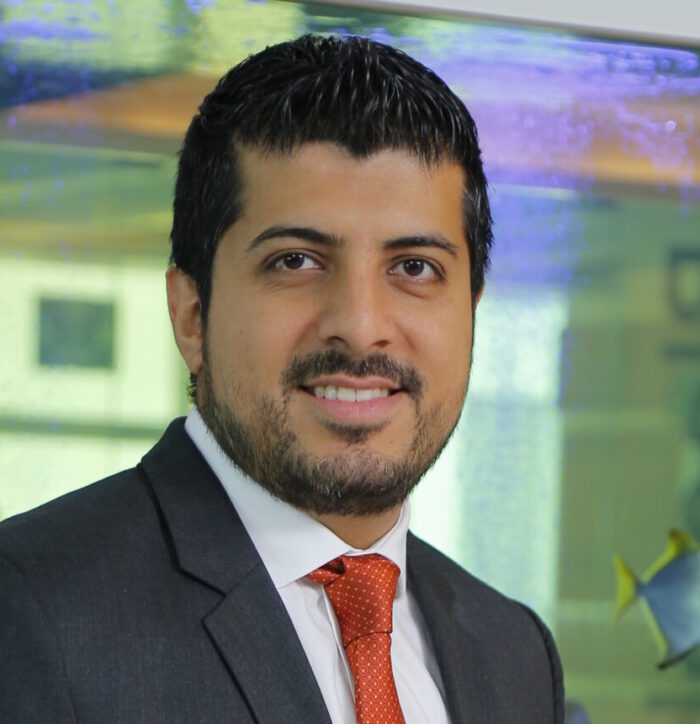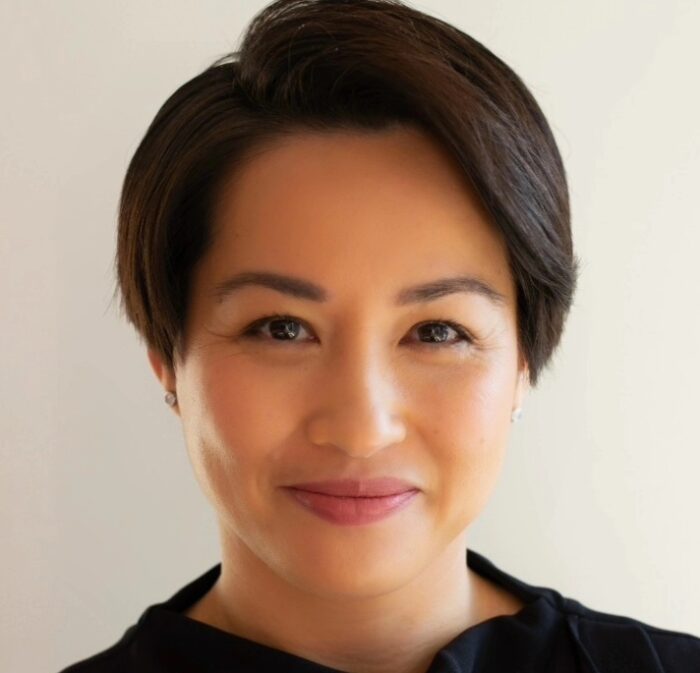Creating the space to be open about mental health in the workplace

When it comes to understanding mental health in the workplace, much of the discussion stems from how to tackle the often-thorny issue of mental health in the workplace while remaining compassionate, nuanced, and open with employees and teams.
Bloomberg is trying to continuously keep this discussion alive, and they are bringing this to their regional offices in Asia. As part of their This Is Me campaign, Bloomberg is challenging employees to have open conversations about their mental health with team leaders, including around topics such as mental health conditions and disabilities. Additionally, Bloomberg is creating guides to help other organisations across Asia have similar dialogues with their employees while leaders and high-level employees share their own stories to encourage more conversations about mental health.
“We understood very early in 2019 that mental health was culturally taboo [in Asia] with a lot of stigma associated with it,” shared Alisha Fernando, Bloomberg’s APAC Head of Diversity & Inclusion. Speaking to HRM Asia, Fernando shared that organisations like Bloomberg needed to create a space where employees could talk about mental well-being.
At the beginning, the campaign failed to truly get off the ground due to a lack of engagement. Fernando attributed this to not doing enough to establish a good foundation of understanding, knowledge, and safety that employees require to share their stories. Thus, a more purposeful strategy and directive were implemented to ensure this would help, including developing tools and creating better language pointers to start conversations.
“With the initial campaign [in London], the language was very assertive,” Fernando shared. When looked at from an Asian perspective, Fernando and her team knew that it was imperative to start by softening the language used, as well as making it less directive than the original campaign in London. As employees did not always have the language to name the conditions they had, nor did they have the words to share and identify their problems, this meant that the conversation about mental health was a little more difficult and that there was a need to also talk about mental health and disability and the links between them to approach the conversation differently.
“In Asia, very often, people would say, ‘Oh I don’t have these challenges’, unless it’s on a more extreme end of the spectrum,”said Sunny Chhabria, CFA, Head of APAC Strategic Buy-Side Relationships.
“There are several types of mental health challenges and we wanted to get people comfortable to discuss these challenges. It’s all about the steps that Bloomberg has taken over the years that we are now positioned that it gets easier to talk about mental health.”

“There is real power in being vulnerable, and if you use that in how you conduct yourself and how you treat your colleagues, it becomes magical.” – Sunny Chhabria, CFA, Head of APAC Strategic Buy-Side Relationships.
Chhabria, who has been with Bloomberg for 15 years, has seen the change the organisation has done when it comes to engaging employees and teams, including discussing mental health. “We are on a journey where we aren’t at the stage we ought to be, but a process like this is continuous and we are in a better place than we were a couple of years ago,” he explained.
All this starts with leadership setting an example and starting the conversation, and Chhabria emphasised the importance of leaders stepping up to do so, especially male leaders. “Asking for help was an important thing,” said Chhabria, and he had internalised this belief, so that when it came to sharing his experiences with his employees, he was able to also normalise that behaviour amongst his team. The issue of Asian male leaders being unable to open up to their employees, Chhabria said, was also imperative, and it was important to discuss this with employees. Chhabria is one of many leaders and employees to share their stories in the This Is Me campaign, releasing a video interview sharing his experiences with the internal Bloomberg team, and the audience reception towards his openness in sharing his story was resounding, spanning from those in his own office to offices in other countries.
As a South Asian male leader with more than a decade of working in Bloomberg, and currently in a senior position, Chhabria’s story helped to shift the conversation about mental health for the better within the organisation. “There is real power in being vulnerable, and if you use that in how you conduct yourself and how you treat your colleagues, it becomes magical,” he shared.

“The need for [mental health] resources has always been there, employees were just uncomfortable with engaging with them. We have created an environment [in Bloomberg] where they now are.” – Alisha Fernando, Bloomberg’s APAC Head of Diversity & Inclusion
Chhabria and Fernando believe in the importance of sincerity when it comes to translating those stories and holding those conversations in the workplace, and it starts with a day-to-day practice of having small, personal conversations that start in a place of curiosity and earnestness about the people in the workplace. Acknowledging however, that people do have differing levels of trust when it comes to opening up, the process then becomes making sure that comfort and safety levels within the workplace are existent, so that employees can share if they want to. “It is always important to try and genuinely listen,” Chhabria said. Employees and colleagues can tell via physical behaviour and body language if the listener is sincere, and it then sets the tone of whether employees believe leaders are open to listening to their issues.
Fernando agreed with Chhabria, emphasising the importance of leaders and their behaviour in the workplace, especially in Asia, as they are the ones who exemplify the behaviour their staff should follow and indicate if things are fine. Fernando emphasised this point by pushing the importance of reframing and how people conversate with others, especially leaders in Bloomberg, to inculcate an environment of authenticity between colleagues and leaders.
READ MORE: How Bloomberg is cracking the code on corporate inclusion
Other steps organisations should take, Fernando recommended, include participating in Employee Assistance Programmes (EAP) that are in place so that they can share with employees first-hand experience about the programmes available, creating adequate resources that can help create stop-gap solutions that employees can utilise until they find proper mental health practitioners to help, and continuously developing an online employer resource guide that employees and their families can access.
“It’s been a work in progress in the last five years,” Fernando admitted, stating that Bloomberg is still working on developing these resources for their team, and it is a hard process to get employees to be more receptive towards opening up.
That being said, Fernando and Chhabria are hopeful. “We started with nothing, and there was 0.1% of EAP usage when I first started at Bloomberg. Now we are in the double digits,” said Fernando. “People interpret this as a rising level of stress. I argue that the need for [mental health] resources has always been there, employees were just uncomfortable with engaging with them. We have created an environment where they now are.”



